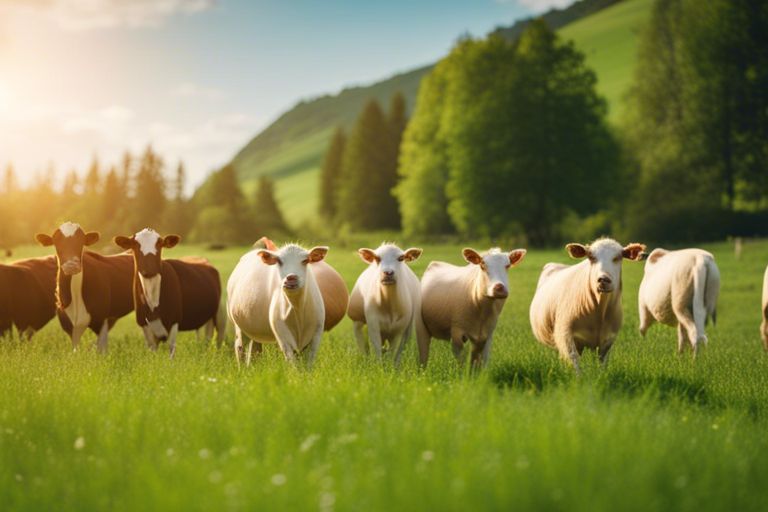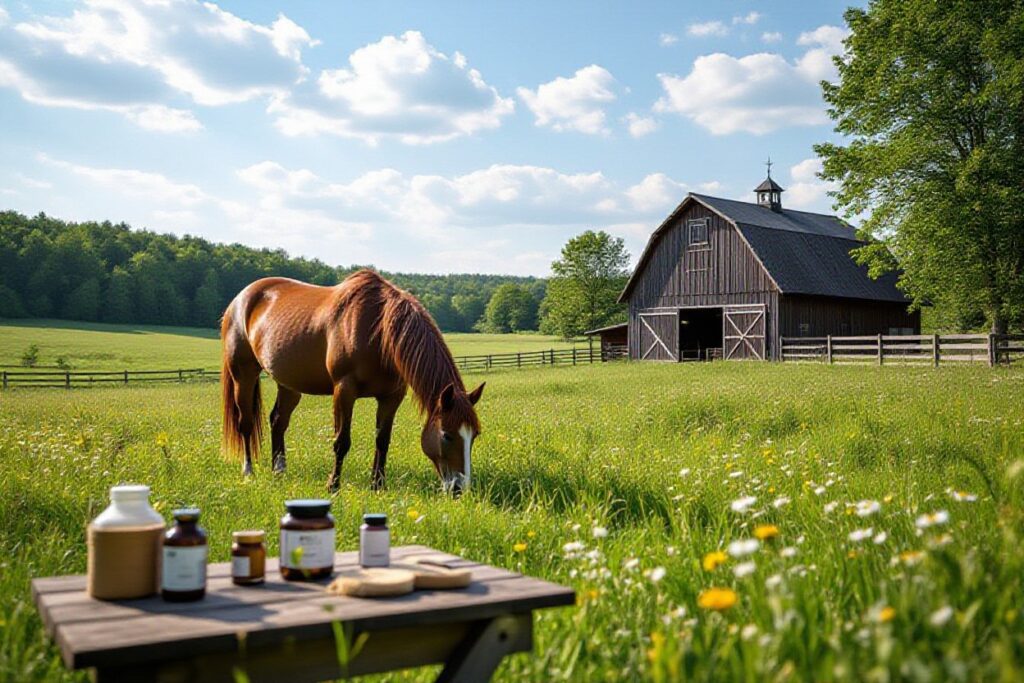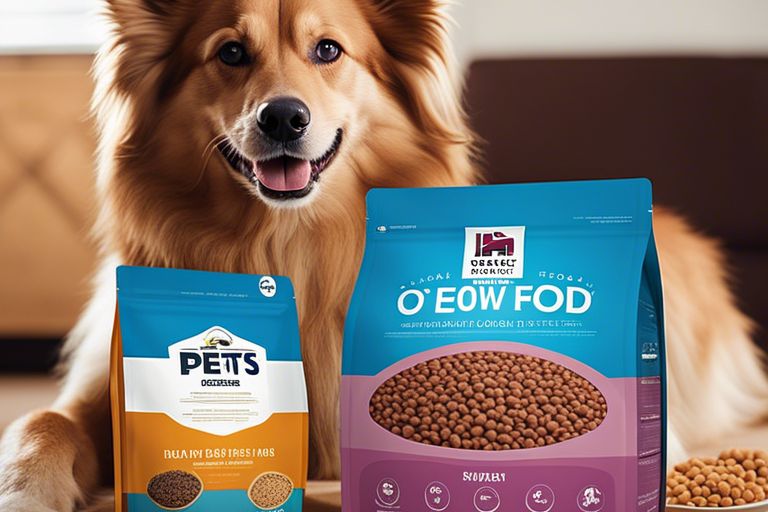It is crucial to ensure that your livestock are receiving the proper nutrients to maintain their health and well-being. To help you navigate the world of supplements, we have compiled a list of the top five supplements for optimal livestock health. These supplements are imperative for supporting overall growth, immunity, and productivity in your animals. By incorporating these supplements into their diet, you can help ensure that your livestock thrive and reach their full potential.
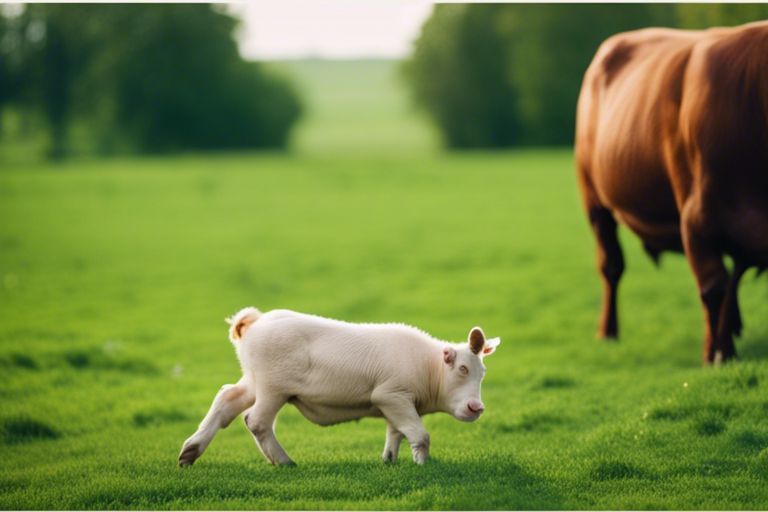
Probiotics for Digestive Well-being
Benefits of Probiotics on Gut Health
With the rise of antibiotic resistance and the need for natural alternatives, probiotics have emerged as a vital supplement for maintaining optimal livestock health. Probiotics are live microorganisms that promote a healthy balance of gut bacteria, aiding in digestion and nutrient absorption. By fostering a robust gut microbiome, probiotics can enhance immunity, reduce the risk of digestive disorders, and improve overall well-being in livestock.
Implementing Probiotics in Livestock Feed
With the growing awareness of the importance of gut health in livestock, incorporating probiotics into their feed has become a common practice among farmers. Probiotics can be easily mixed into feed, making it a convenient and cost-effective way to ensure animals receive the beneficial bacteria they need. By introducing probiotics into livestock feed, farmers can enhance nutrient utilization, promote healthy digestion, and ultimately improve the overall health and performance of their animals.
Probiotics are available in various forms, such as powders, liquids, and pellets, making it easy to choose the most suitable option for the specific needs of the livestock. It is vital to follow recommended guidelines for dosage and administration to maximize the benefits of probiotics in promoting digestive well-being in livestock.
Minerals for Structural Integrity
Essential Minerals for Bone and Teeth Strength
One of the key aspects of maintaining optimal livestock health is ensuring the structural integrity of their bones and teeth. Essential minerals like calcium, phosphorus, and magnesium play a crucial role in promoting strong and healthy bones and teeth. These minerals are vital for proper bone development and maintenance, as well as for supporting tooth structure and strength.
Mineral Deficiencies and Supplementation Strategies
On top of providing a balanced diet rich in necessary minerals, it is important for livestock owners to be aware of potential mineral deficiencies that can occur. Common mineral deficiencies in livestock include calcium, phosphorus, and zinc. These deficiencies can lead to a range of health issues, including weak bones, poor teeth health, and reduced growth rates. Supplementing with mineral mixes or mineral blocks can help address these deficiencies and ensure that livestock receive the necessary minerals for optimal health.
Structural integrity in livestock is directly linked to the availability of necessary minerals in their diet. Ensuring a proper balance of minerals, specifically calcium, phosphorus, and magnesium, is necessary for promoting strong bones and teeth. Any deficiencies in these minerals can be addressed through strategic supplementation to prevent health issues and maintain overall livestock well-being.
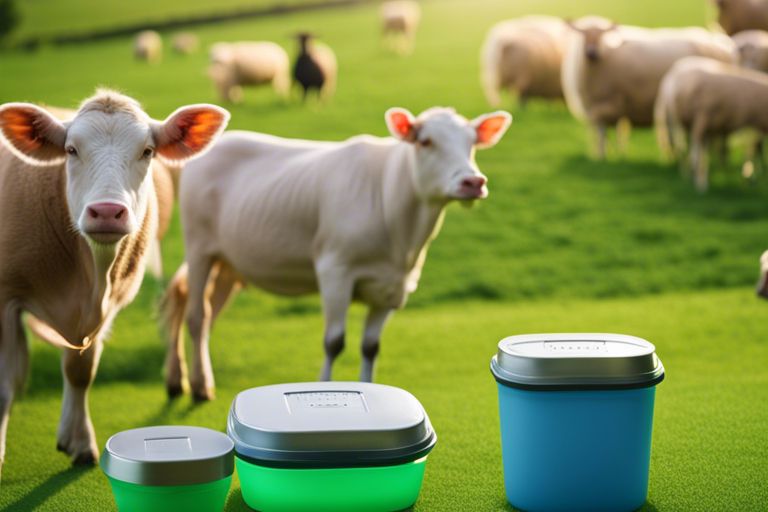
Vitamins for Disease Prevention
Key Vitamins for Immune Function and Growth
Growth in livestock is heavily dependent on a robust immune system, vital for protecting animals from infectious diseases and promoting overall health. Two key vitamins for immune function and growth are Vitamin C and Vitamin E. Vitamin C acts as a powerful antioxidant, supporting the immune system by neutralizing harmful free radicals. Vitamin E plays a crucial role in enhancing immune response and promoting healthy cell growth for optimal livestock development.
Vitamin Supplementation Protocols
Disease prevention is a top priority in livestock management, and implementing proper vitamin supplementation protocols is crucial for maintaining optimal health and productivity in herds. It is vital to work closely with a veterinarian to determine the specific vitamin requirements of your livestock species and to develop a tailored supplementation plan. Factors such as age, breed, health status, and environmental conditions should be taken into account when designing a vitamin supplementation protocol.
This personalized approach ensures that your animals receive the right balance of vitamins to support their immune function, growth, and overall well-being. Regular monitoring and adjustment of the supplementation plan are necessary to address any changing needs or deficiencies that may arise over time. By prioritizing vitamin supplementation protocols, you can effectively safeguard your livestock against a range of diseases and promote optimal health outcomes.
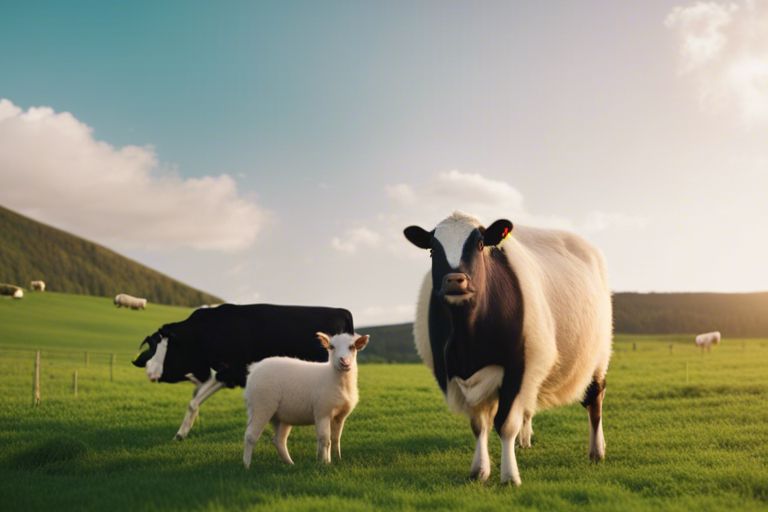
Omega-3 Fatty Acids for Reproductive Health
Impact of Omega-3 on Livestock Fertility
The inclusion of Omega-3 fatty acids in livestock diets has been shown to have a significant impact on reproductive health. Not only do Omega-3 fatty acids play a crucial role in maintaining overall health, but they also support optimal fertility in livestock. Research has indicated that these important fatty acids can improve sperm quality in males and enhance embryo development in females, ultimately leading to increased reproductive success in livestock herds.
Sources of Omega-3 for Dietary Inclusion
Omega-3 fatty acids are primarily sourced from marine sources such as fish oil, as well as algae and certain plant oils. Incorporating these sources of Omega-3 in livestock diets can be highly beneficial for reproductive health. By ensuring that the animals receive adequate levels of these important fatty acids, livestock owners can help improve fertility rates and overall reproductive performance within their herds.
Fatty fish like salmon, mackerel, and sardines are excellent sources of Omega-3 fatty acids, while flaxseeds and chia seeds are good plant-based options. Supplementing livestock feed with these sources of Omega-3 can help ensure that animals receive the necessary nutrients to support their reproductive health and overall well-being.
Antioxidants for Stress Reduction
Understanding Oxidative Stress in Livestock
Oxidative stress occurs when there is an imbalance between free radicals and antioxidants in the body. In livestock, this can be caused by various factors such as environmental stressors, poor diet, and disease. The excess free radicals can damage cells and lead to health problems, making it crucial to combat oxidative stress with antioxidants.
Antioxidants: Types and Their Benefits
Antioxidants are molecules that help neutralize free radicals and prevent oxidative damage in the body. There are several types of antioxidants that offer unique benefits for livestock health. These include vitamins C and E, selenium, and beta-carotene. Incorporating these antioxidants into the livestock’s diet can help boost their immune system, improve overall health, and reduce the impact of stress.
| Antioxidant | Benefit |
|---|---|
| Vitamin C | Supports immune function |
| Vitamin E | Protects cell membranes |
| Selenium | Improves reproductive health |
| Beta-carotene | Enhances skin and coat health |
Stress Reduction
Stress can have a significant impact on livestock health, leading to decreased immunity and overall well-being. Antioxidants play a crucial role in alleviating stress by combating oxidative damage and supporting the body’s natural defense mechanisms. By incorporating a variety of antioxidants into the livestock’s diet, farmers can help reduce the negative effects of stress and promote optimal health.
Conclusion
Taking this into account, incorporating the top 5 supplements into your livestock’s diet can significantly improve their health and overall well-being. By providing necessary nutrients such as vitamin E, probiotics, electrolytes, amino acids, and minerals, you can enhance their immune system, digestion, growth, and reproductive performance. It is crucial to consult with a veterinarian or livestock nutritionist to determine the correct dosage and application method for each supplement to ensure maximum benefits for your animals. Investing in the health of your livestock through these supplements can lead to higher productivity and profitability in the long run.
FAQ
Q: What are the top 5 supplements for optimal livestock health?
A: The top 5 supplements for optimal livestock health are probiotics, vitamins, minerals, electrolytes, and amino acids.
Q: Why are probiotics important for livestock health?
A: Probiotics help maintain a healthy gut flora in livestock, which is imperative for proper digestion and overall health.
Q: What role do vitamins play in livestock health?
A: Vitamins are imperative for various bodily functions in livestock, including growth, immunity, and reproduction.
Q: How do minerals support optimal livestock health?
A: Minerals play a crucial role in maintaining proper bone development, enzyme function, and overall health in livestock.
Q: Why are electrolytes important for livestock?
A: Electrolytes help maintain proper hydration, pH balance, and nerve function in livestock, especially during periods of stress or heat.
Q: What are amino acids and why are they important for livestock?
A: Amino acids are the building blocks of protein and are imperative for growth, muscle development, and overall health in livestock.
Q: How should I incorporate these supplements into my livestock’s diet?
A: Consult with a veterinarian or livestock nutritionist to determine the appropriate dosage and form of supplements based on your livestock’s specific needs and health status.
